To add to the system of classes already present in the recent historiography of psychology, a new and broader class is proposed, the psychologesque. This class includes, along with a central core of master’s- and PhD-level psychologists, surrounding belts of cognate professionals in other fields who are, to a greater or lesser degree, tinged with psychology. Advantages to including this broad class, in some ways similar to the U.S. middle class, in the history of psychology are advanced. (PsycInfo Database Record (c) 2021 APA, all rights reserved)
Historical Background And Development Of Social Security
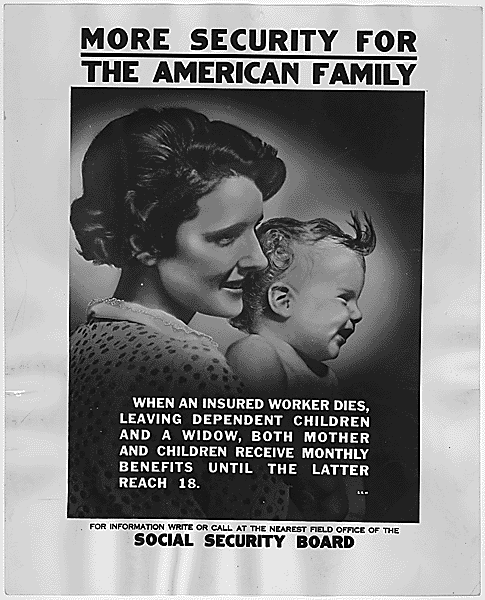
The “Escape” Behavior and Strategy of Married Lahu Women in Southwest China
Journal of Family History, Ahead of Print.
In the last several years, marriage and family patterns among the Kucong Lahu of Jinping County, Yunnan, have changed significantly due to rapid economic and social changes all over China. Based on ethnographic research in Lu Village, this article explores the current “escape” migration behavior of married Lahu women. They used migration as a strategy to escape patriarchal husbands, families, and local society. This paper describes a paradox between the autonomy of women’s individual actions and the inability to escape the system even when on “escapes.” This sort of “escape” strategy cannot ultimately change the gender inequality and social status.
The Global History of Social Dissent: Deconstructing Outlaws within the Conundrum of Crime, Conflict, and Violence
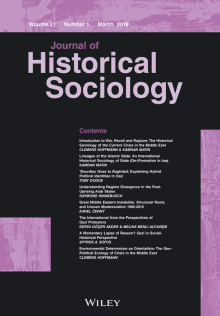
‘A troublesome girl is pushed through’: Morality, biological determinism, resistance, resilience, and the Canadian child migration schemes, 1883–1939

Aboriginal Australians: A history since 1788
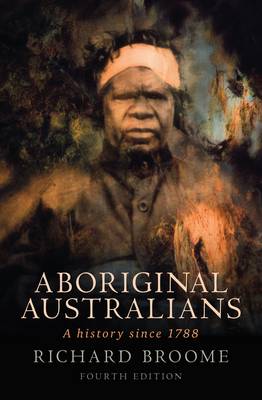
Melancholy: A New Anatomy

Household Sanitary Inspection, Mosquito Control and Domestic Hygiene in the Gold Coast [Ghana] from the Late-Nineteenth to the Mid-Twentieth Century

Quantifying Sexual Constitution: Abraham Myerson’s Endocrine Study of Male Homosexuality, 1938-1942
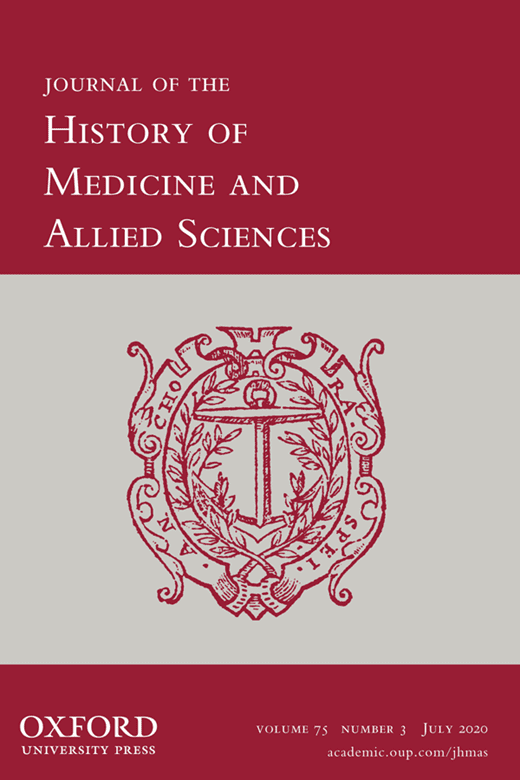
Unnerved: Anxiety, social change, and the transformation of modern mental health

The vision of Helmholtz
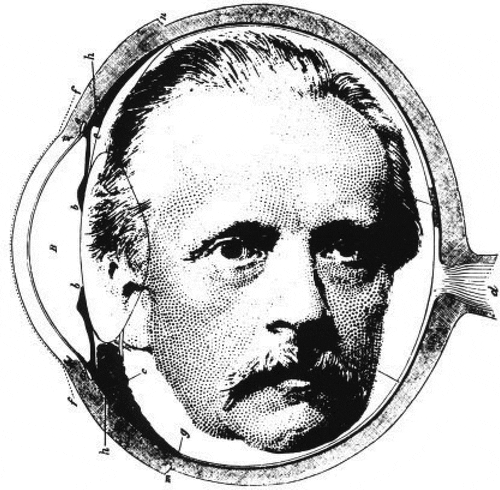
The empathy diaries: A memoir
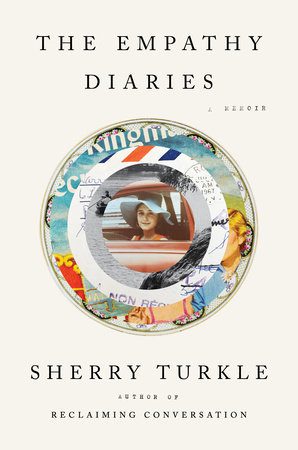
Opium in Victorian Britain

The most popular preparation was laudanum, an alcoholic herbal mixture containing 10% opium. Called the ‘aspirin of the nineteenth century,’ laudanum was a popular painkiller and relaxant, recommended for all sorts of ailments.
Breakdown (1951)
Limits of empathy: The dementia tōjisha movement in Japan

Carrying the Family in the Body: Family Trajectories of Paraguayan Women in the Paraná Tri-Border Area
Journal of Family History, Ahead of Print.
This article discusses the results of ethnographic case studies on female cross-border experiences in the Paraná Tri-Border Area (between Argentina, Brazil, and Paraguay) conducted in 2018 and 2019. Reclaiming the life histories of thirty Paraguayan women, we will analyze the tensions that lie between family trajectories, female transgenerational acquisition of cultural and social capitals, rural-urban and transborder mobility, and labor insertion. Our analysis will explore more in-depth the impact that productive and reproductive work overloads have on different generations of women who share family bonds, showing how their care responsibilities are intrinsically related to their agency strategies.
“If we can show that we are helping adolescents to understand themselves, their feelings and their needs, then we are doing [a] valuable job”: counselling young people on sexual health in the Brook Advisory Centre (1965-1985)

For the Temporary Accommodation of Settlers: Architecture and Immigrant Reception in Canada, 1870–1930
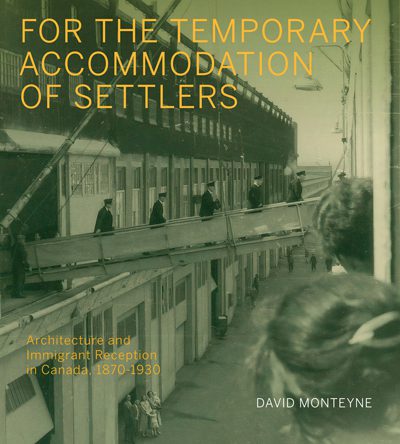
Western State Hospital History with James Cook
Being German Canadian History, Memory, Generations

Better Living by Their Own Bootstraps
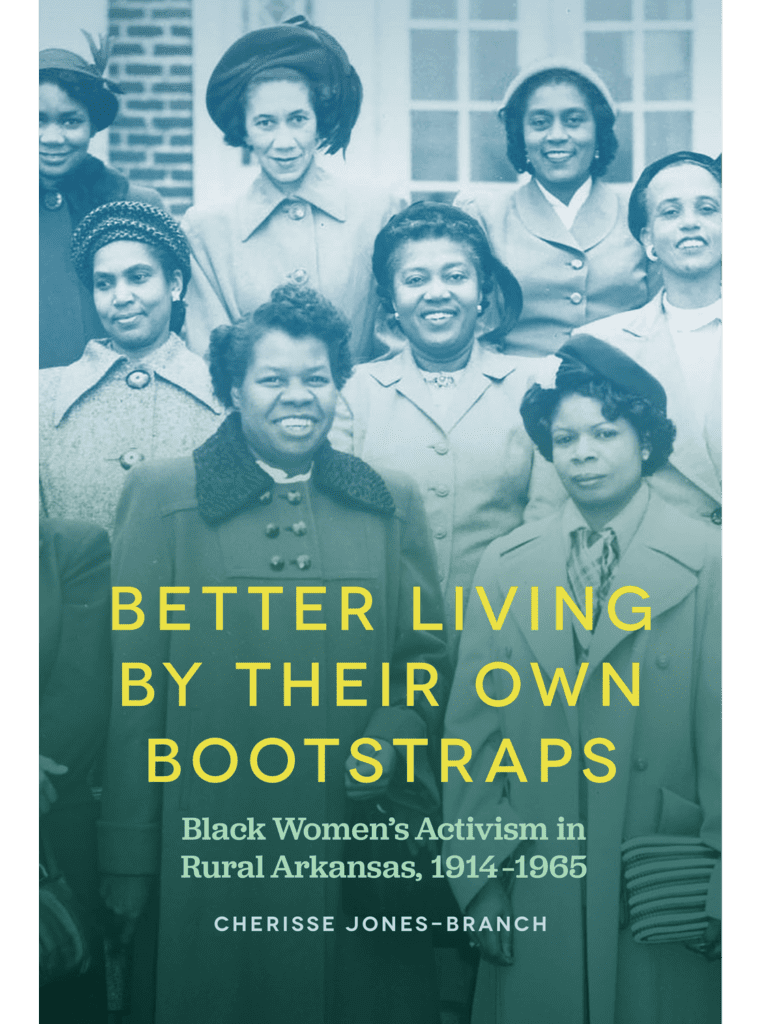
Shays’ rebellion, 1786
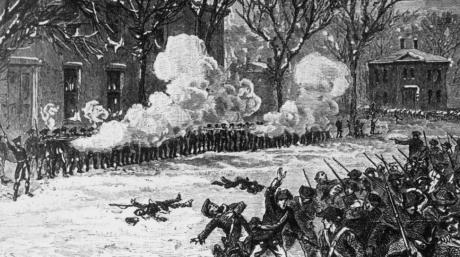
A short history of the “Shays’ rebellion” in Massachusetts in the wake of the American Revolution, in which many poor farmers and war veterans attempt to shut down the state’s courts in protest at the debt burden on veterans and high taxes on farmers.
The Origin of the Social Welfare State in Canada, 1867-1900
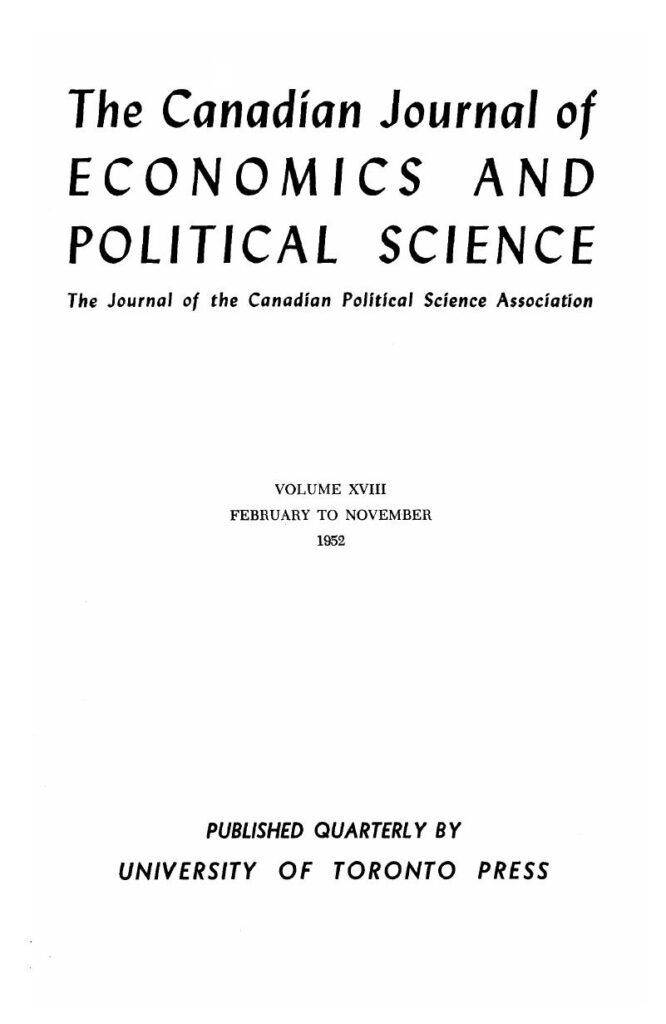
Social Work and Social Welfare in Canada

Healthcare before the NHS

Charity and public welfare in history: A look at Ontario, 1830–1950

Women’s rights and the healthy personality in mid-century Australia
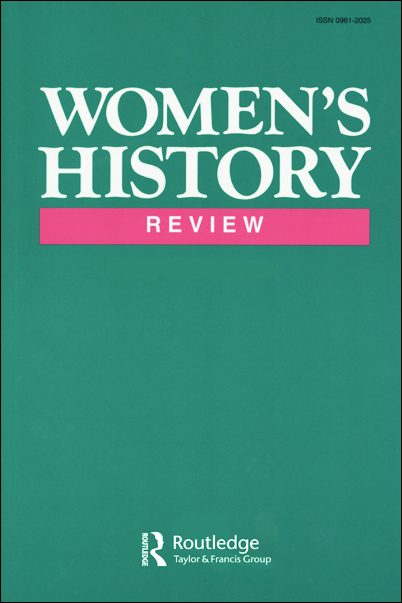
Communists and Community: Activism in Detroit’s Labor Movement, 1941-1956
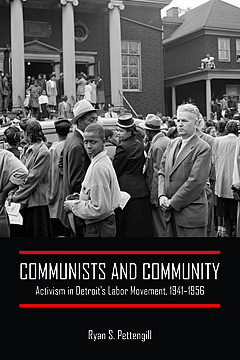
Mental observation wards: an alternative provision for emergency psychiatric care in England in the first half of the twentieth century
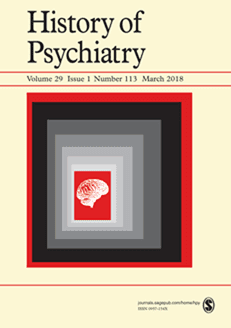
Contextualizing ovarian pain in the late 19th century—Part 1: Women with “hysteria” and “hystero-epilepsy”

An ‘ingenious system of practical contacts’: Historical origins and development of the Institute of Child Welfare Research at Columbia University’s Teachers College (1922–36)
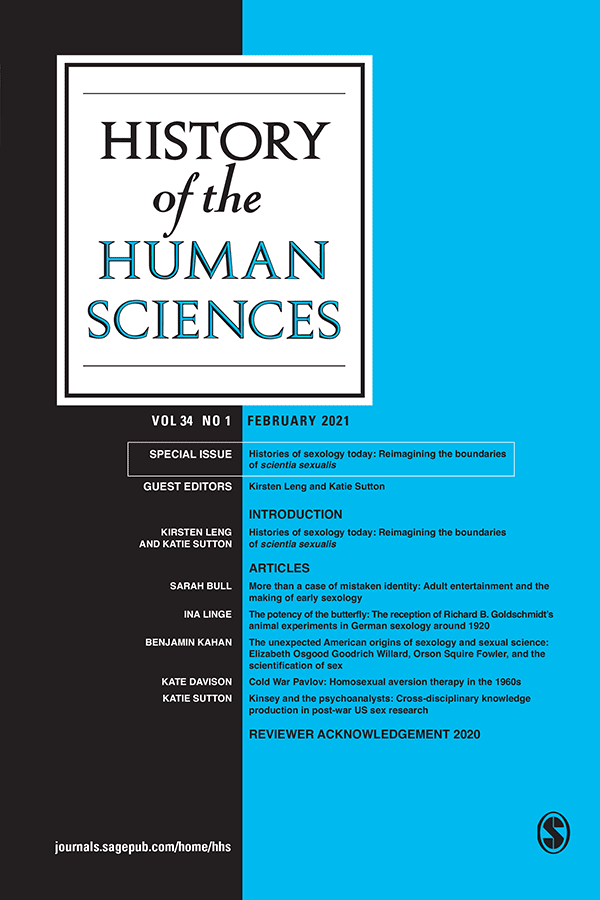
Claiming Union Widowhood: Race, Respectability, and Poverty in the Post-Emancipation South
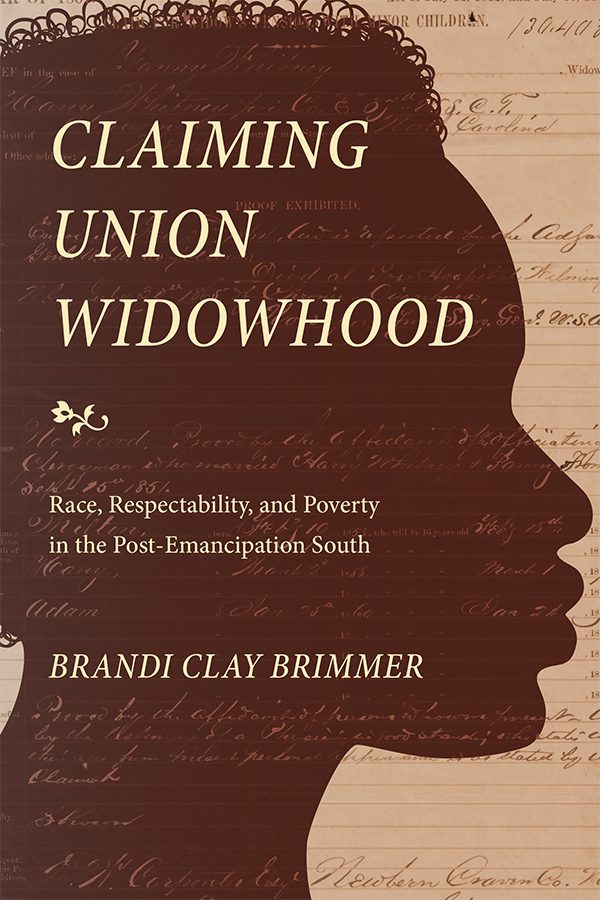
An ‘epidemic of shoplifting’? Working-class women, shop theft and Manchester’s new retail culture, 1918–1939

The Beveridge report 80 years on: ‘Squalor’ and housing—‘A true goliath’

Life in the workhouse: everything you wanted to know

What Made the Battle of Blair Mountain the Largest Labor Uprising in American History
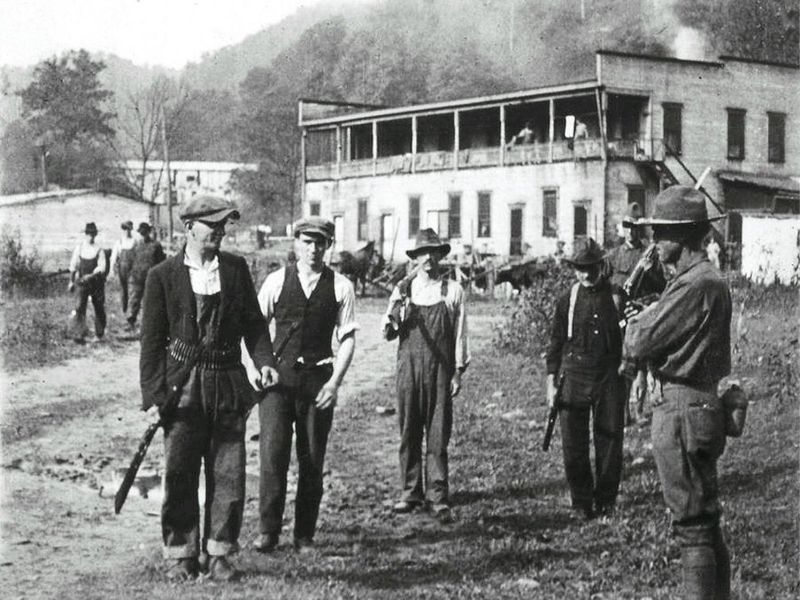
The Battle of Blair Mountain saw 10,000 West Virginia coal miners march in protest of perilous work conditions, squalid housing and low wages, among other grievances.
Between drift and confinement: What can the study of “lunatics” in Hong Kong contribute to the historiography mental health in East Asia?

What 18th-century suicide inquests tell us about growing old in Georgian England

Many elderly ended up in workhouses as they were unable to work normal jobs and therefore cover the costs of living.
Traumatic Pasts in Asia: History, Psychiatry, and Trauma from the 1930s to the Present
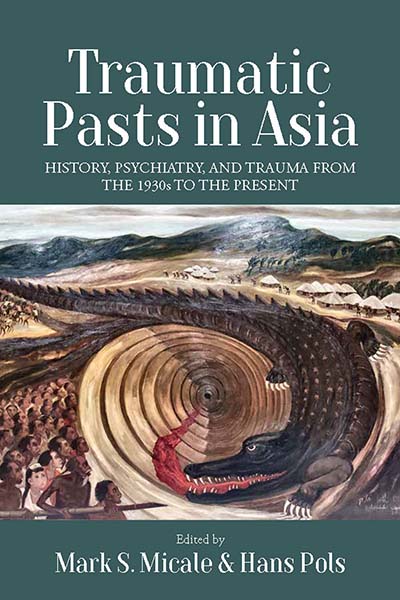
The Chinese Must Go: Violence, Exclusion, and the Making of the Alien in America
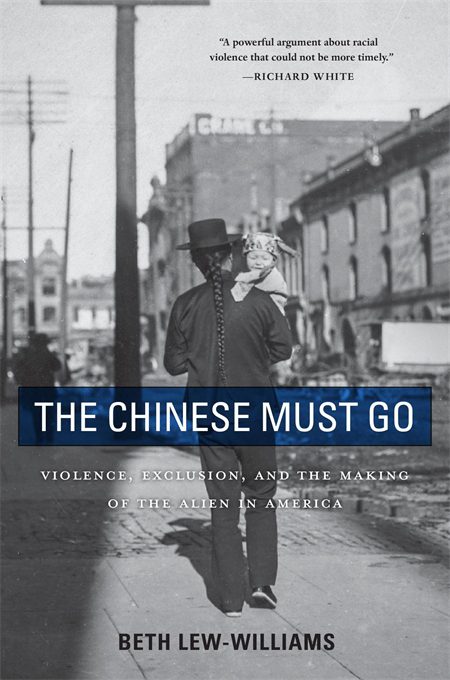
The 1921 Tulsa Race Massacre

Making the Second Ghetto: Race and Housing in Chicago, 1940–1960

The evolution of the narcolepsy concept in Russia: A historical view

Iria Suárez Martinez: Designing the Modern Space for Sick Children in East London, 1850-1900
Ten years later: Self‐sufficiency of welfare mothers before the Great Recession

An Archive of Skin, An Archive of Kin: Disability and Life-Making during Medical Incarceration
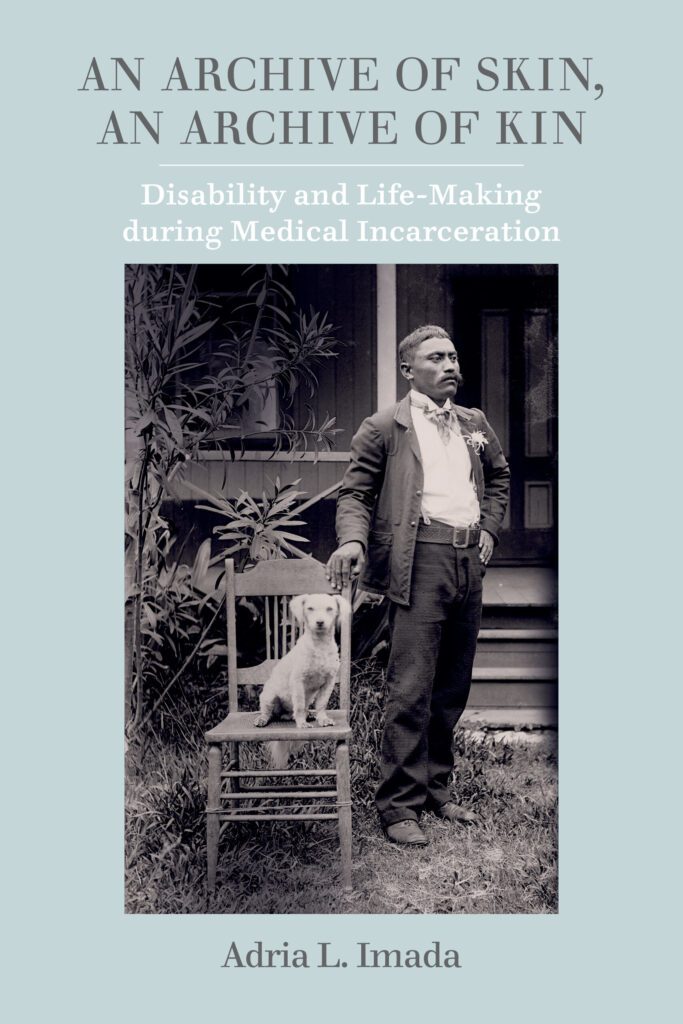
Labor’s End: How the Promise of Automation Degraded Work
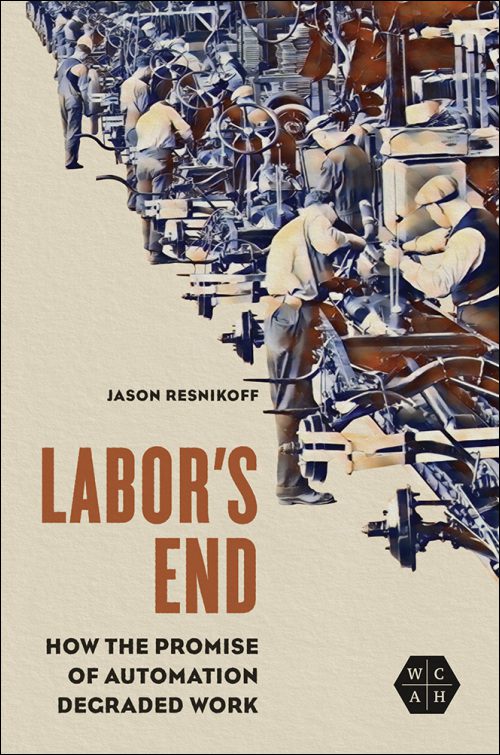
The Young Lords: A Radical History

The Men’s Shed Movement in Australia: Rights, Needs and the Politics of Settler National Manhood
Infanticide and the influence of psychoanalysis on Dutch forensic psychiatry in the mid-twentieth century

